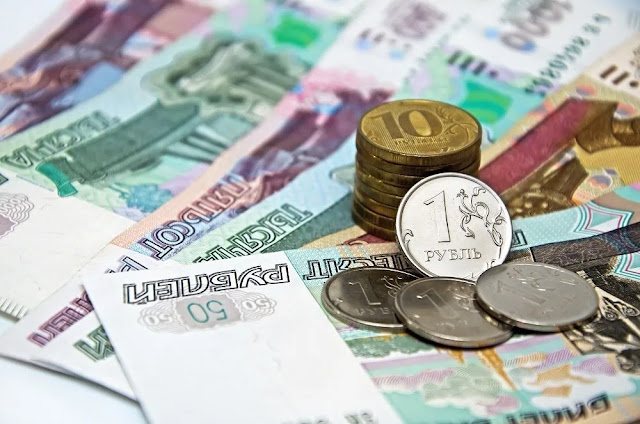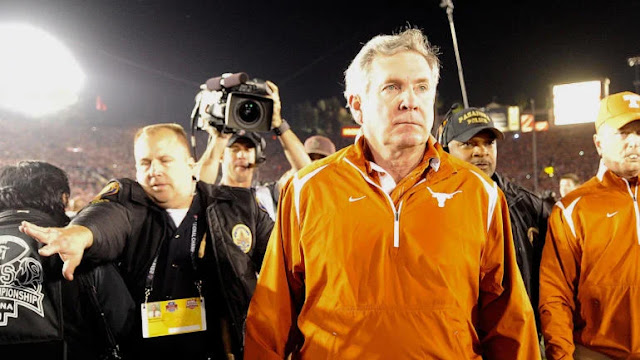The Decline of the Russian Ruble: Economic Crisis and Its Implications for Russia
Introduction
The Russian ruble's significant decline has captured global attention, raising alarm bells about the state of Russia's economy. This downturn, closely linked to the policies and actions of President Vladimir Putin, reflects deeper systemic issues within the country. In this article, we analyze the causes behind the ruble's depreciation, its impact on the Russian economy, and what it means for Russia's financial future.
The Fall of the Ruble: An Overview
Over the past year, the Russian ruble has experienced a severe depreciation against major world currencies. The situation has worsened in recent months, with the ruble falling to historic lows. Reports from financial markets indicate that the ruble's instability stems from a combination of international sanctions, economic mismanagement, and geopolitical tensions.
Historical Context of the Ruble's Value
The ruble has faced fluctuations in the past, particularly during global economic crises and periods of heightened political instability. However, the current decline is unprecedented in its scope and duration.
Key Factors Driving the Ruble's Decline
Impact of International Sanctions
Western Sanctions: Following Russia's invasion of Ukraine in 2022, the West imposed sweeping economic sanctions. These measures targeted key sectors such as energy, finance, and technology, effectively isolating Russia from global markets.
Restricted Access to Foreign Reserves: The freezing of Russia’s foreign currency reserves by Western nations has significantly reduced the government's ability to stabilize the ruble.
Declining Energy Revenues
Russia's economy heavily relies on oil and gas exports, which historically bolstered its fiscal stability. However, the global shift toward renewable energy and reduced dependence on Russian energy has diminished export revenues.
Price caps on Russian oil by Western nations have further eroded profits, weakening the ruble.
Geopolitical Instability
Russia’s ongoing military engagements have drained resources and increased fiscal deficits.
Heightened tensions with NATO and other global powers have further alienated Russia from lucrative international trade partnerships.
Domestic Economic Policies
Critics argue that President Putin's economic policies have exacerbated the crisis.
Heavy state control over industries and limited market reforms have stifled innovation and foreign investment, leaving the economy vulnerable to external shocks.
Brain Drain and Workforce Challenges
The exodus of skilled workers due to political repression and economic uncertainty has created labor shortages, reducing productivity across sectors.
The Impact on Russia's Economy
1. Inflation and Cost of Living
The ruble's decline has led to rampant inflation, with basic goods becoming increasingly unaffordable for ordinary Russians. Import-dependent industries are particularly hard-hit, driving up prices for essential items.
2. Banking and Financial Sector Crisis
The weakened ruble has undermined confidence in the Russian financial system, leading to capital flight.
Citizens and businesses are converting rubles to foreign currencies, further depleting reserves.
3. Widening Fiscal Deficit
With declining revenues and increased military spending, the Russian government faces mounting budget deficits. Attempts to plug the gaps through borrowing or printing money risk further devaluing the ruble.
4. Impact on Global Trade
Russian exports have become less competitive due to currency instability, affecting trade relations with key partners such as China and India.
Import restrictions have led to shortages of essential goods, affecting industries reliant on foreign components.
Vladimir Putin’s Role in the Economic Downturn
President Vladimir Putin's policies are central to understanding Russia's economic woes. His emphasis on militarization and centralized control has overshadowed economic reform. Additionally, decisions such as prioritizing geopolitical ambitions over economic stability have drawn criticism both domestically and internationally.
1. Political Decisions Affecting the Economy
Focus on Military Spending: Russia's heavy military expenditure has diverted resources from critical sectors like healthcare, education, and infrastructure.
Geopolitical Isolation: Strategic decisions, such as fostering alliances with pariah states, have limited access to international financial systems.
2. Repression of Dissent
The stifling of political opposition has prevented constructive criticism and alternative economic strategies. This has contributed to policy stagnation and ineffective governance.
3. Economic Mismanagement
Putin’s administration has been accused of ignoring the importance of diversification. Over-reliance on energy exports has left the economy vulnerable to external shocks.
The Road Ahead: Challenges and Opportunities
While the situation appears grim, some analysts believe there are opportunities for Russia to pivot and stabilize its economy.
1. Economic Diversification
Investing in non-energy sectors, such as technology and agriculture, could reduce dependence on oil and gas. However, this would require significant structural reforms.
2. Diplomacy and Sanctions Relief
Improving relations with Western countries and seeking partial sanctions relief could provide much-needed access to global markets. This would, however, require significant policy shifts, including potential concessions on geopolitical conflicts.
3. Currency Stabilization Measures
The Russian Central Bank must implement robust monetary policies, such as interest rate hikes and currency interventions, to stabilize the ruble.
4. Encouraging Innovation and Investment
Creating a favorable environment for domestic and foreign investments through market reforms and reduced state interference could spur economic growth.
Global Implications of Russia's Economic Crisis
The ripple effects of Russia’s economic crisis are being felt worldwide:
Energy Markets: Instability in Russian oil and gas exports affects global energy prices, with implications for both producers and consumers.
Geopolitical Shifts: Russia’s weakened economy could alter power dynamics, particularly in its relationships with China and other regional allies.
Emerging Market Vulnerabilities: Russia’s struggles could have a contagion effect on neighboring economies heavily reliant on trade with Moscow.
Conclusion
The decline of the Russian ruble is a symptom of deeper economic and political challenges facing the country. While President Vladimir Putin’s policies have contributed significantly to the crisis, external factors such as sanctions and global market dynamics have also played a role. The path to recovery will require bold reforms, improved diplomacy, and a long-term vision for economic resilience.
As Russia grapples with these challenges, the world watches closely, aware that the implications of its economic trajectory extend far beyond its borders.
Russian ruble decline,
Economic crisis in Russia,
Vladimir Putin policies,
Russia sanctions impact,
Global energy market,
Ruble depreciation causes,
Russian economy 2024,
Financial instability in Russia,
#RussianEconomy, #RubleDecline, #VladimirPutin, #EconomicCrisis, #GlobalMarkets, #SanctionsImpact, #GeopoliticalTensions, #RussiaNews,



















.jpeg)













